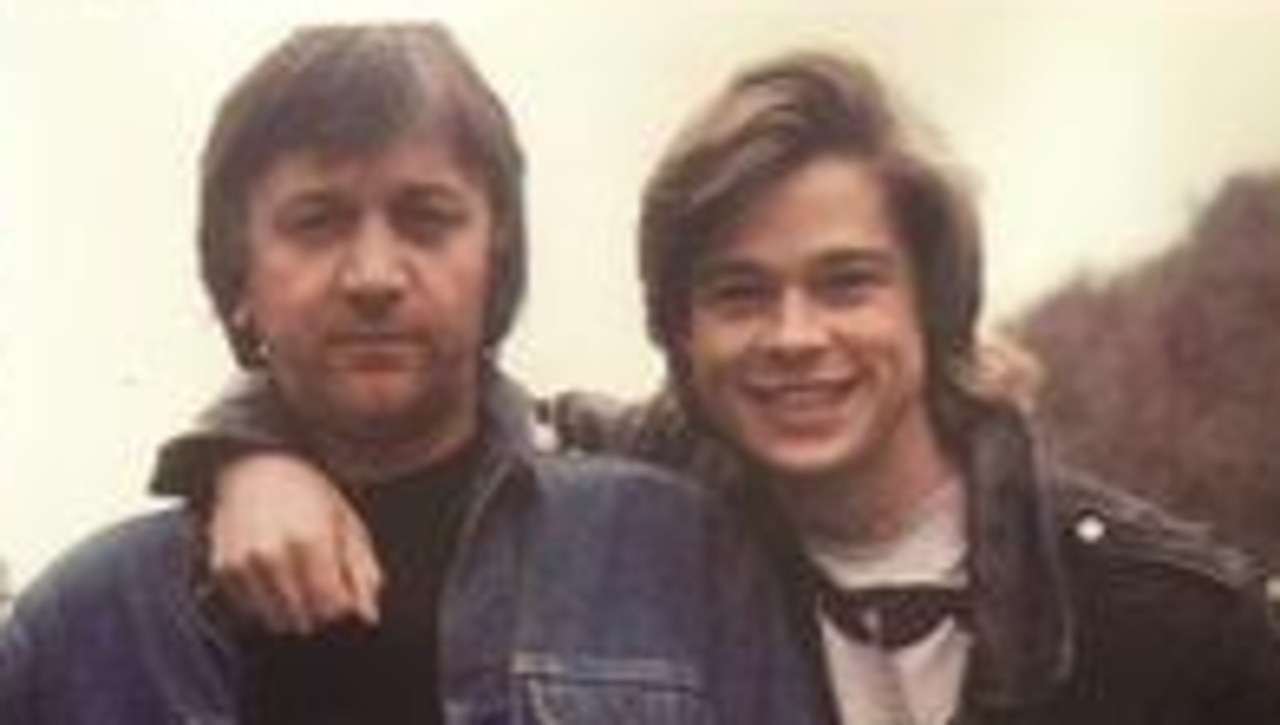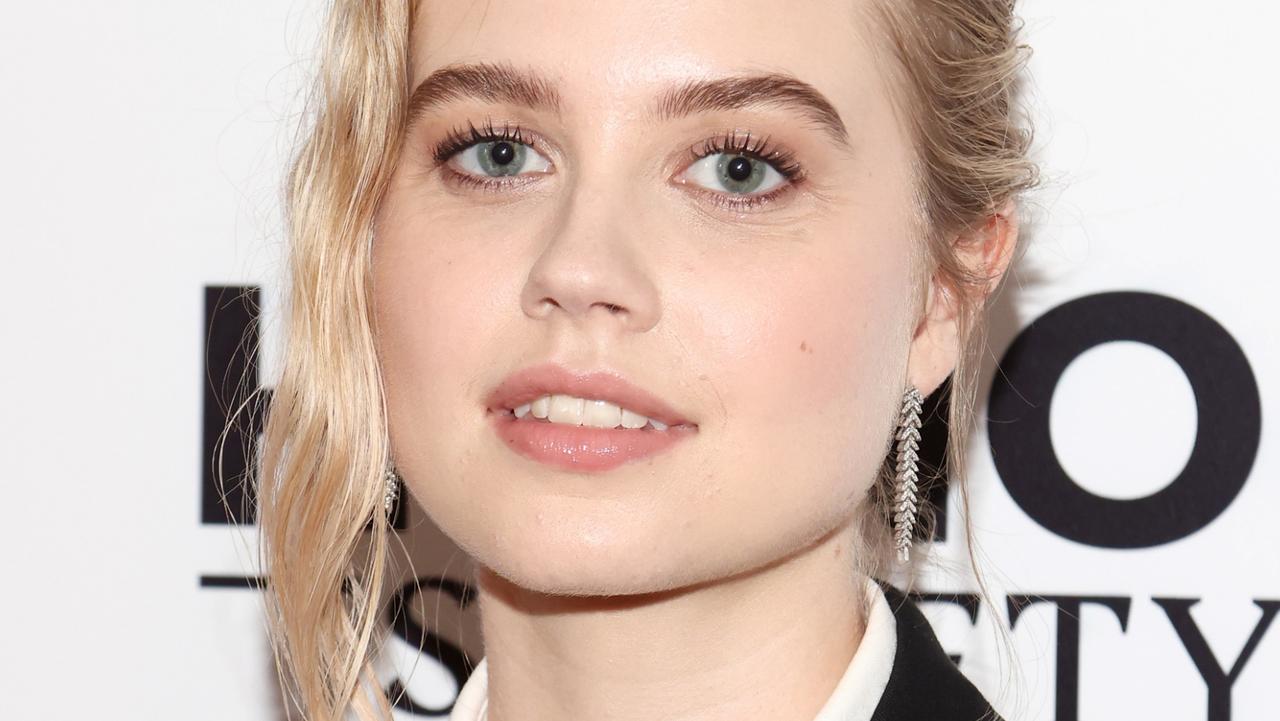The director of an obscure Serbian film has shared the moment she “discovered” award-winning actor Brad Pitt as a young adult looking for his silver-screen debut, and how she was almost turned off giving him his start.
Before the fame of blockbuster productions like Ocean’s Eleven and Mr & Mrs Smitha pimply but “electrifying” 21-year-old Pitt responded to a casting call from the agency of Lauren Lloyd, former executive vice-president of Hollywood Pictures and Trust Sony pictures.
Lloyd described her first meeting with the young wannabe who would become a megastar back in the ’80s to Aussie podcast What is Was Like.
“So this kid walks in and I think he had done maybe one or two episodes in a soap opera… and I was like, who’s this kid? But it was like God walking in” Lloyd told the podcast.
“So I said ‘sit down and talk to me’, and he had kinda bad skin… but he seemed very calm for being one so young and non-experienced.”
At 21 years old, Pitt had minimal acting experience and was looking to enter the film industry.
Lloyd’s talent agency had agreed to scout a male lead for a Yugoslavian-US co-production The Dark Side of the Sun.
And by the time young Pitt read the script to them, Lloyd and her work partner were “giggling with delight” at the actor they had found.
“We were like who is he? This guy is magnificent,” she said.
But despite Pitt having successfully charmed the two talent scouts, Lloyd revealed she almost didn’t cast him because of his lack of experience in film.
“I said ‘but he just does TV’ – because we were at that stage when the people in the movie business we looked down upon television… they were making the money but we were making the movies,” she said.
After her partner assured her “you’ve got a movie star!” the pair hired Pitt for his first ever movie gig working with Yugoslavian directors.
“And Brad was so excited, he was like a kid,” Lloyd added.
They call it the ‘X-Factor’
It’s the quality that distinguishes ordinary people from “stars” who become globally and critically acclaimed artists.
And that’s exactly what Lloyd saw in Pitt the day he walked in and read his first film script.
A large part of film success she conceded, was down to genes – being born with a face for camera.
“Well (Pitt) had shaggy hair and kind of bad skin but you’re still … captivated by it,” she said.
“He was almost too pretty, he had very delicate features – he’s grown into a much more manly man – but he was just quite a beautiful creature.”
But looks alone don’t drive the “X-Factor” she said, and when it came to Pitt, what made him “electrifying” was his “calm” and “holistic” presence.
“(He was) so united inside – and when I say that I mean for someone so young to be so comfortable in their body, to be intellectually there.” she said.
“So it’s a spiritual, intellectual, and physical blending… and there he was – magnificent looking.
“So when someone likes that walks into a room you see them – but you feel them. It’s almost like every cell in your body is electrified.”
Lloyd said Pitt had been “blessed” with an “incredible combination of genes” which gave him that “movie star quality” that talent agencies look for.
But pretty faces come and go, she acknowledged, and to make a long-lasting career in the Hollywood film industry, actors have to be persistent.
“When you go to Hollywood, you have to have that (self-belief) no matter what you do,” she said.
“(Because) if you don’t have that drive it’s so difficult… you’ll perish away… you have to be so driven that no matter how many times you get ‘no’, you’ll find a way.
“And he had that.”
This is an extract from the podcast What it Was Like. To hear the full story of how Brad Pitt became a star, click here.
.

